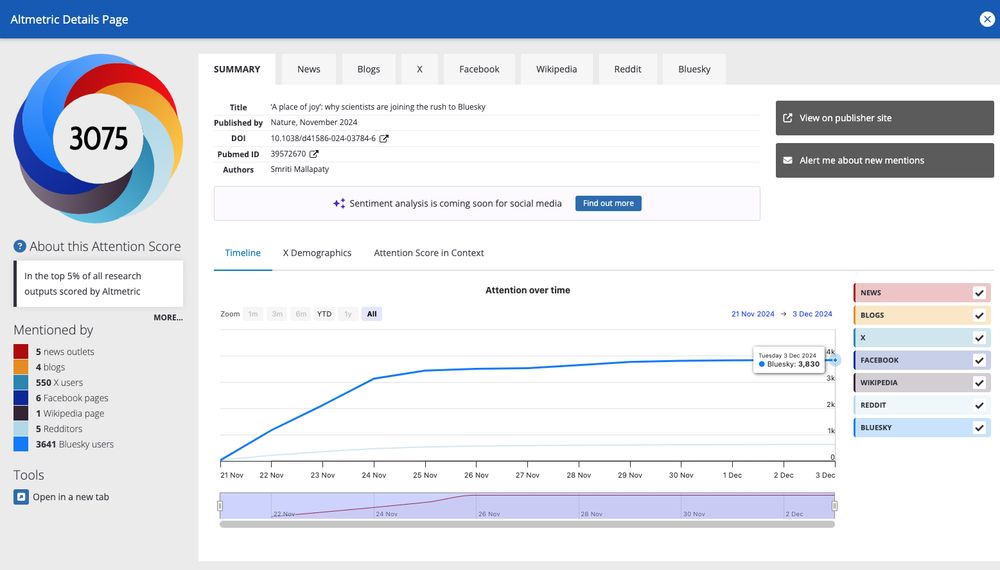Reposted by Dieter F. Kogler, Michael Kitson
It will publish shortly in full - you can read the Editorial Introduction at doi.org/10.1093/cjre... free access.
@roberthassink.bsky.social, @dfkogler.bsky.social, Davide Ponzini and Xuefei Ren

Reposted by Dieter F. Kogler

Reposted by Dieter F. Kogler
with Bernardo Buarque, Ryan Hynes, Gianluca Tarasconi, and @dfkogler.bsky.social .
Reposted by Dieter F. Kogler

Reposted by Dieter F. Kogler
@regstud.bsky.social @regionalstudies.bsky.social @uniofbathnews.bsky.social

Reposted by Dieter F. Kogler, Carlos Gershenson, Laurent Hébert‐Dufresne
IT:U is hiring 5 professors (open rank) in Data Science, very broadly defined!
Focuses include (among others):
1. Theoretical Foundations of Data Science
2. Data Science in Biological Systems
3. Data Science in Human Mobility
it-u.at/en/careers/p... 1/2
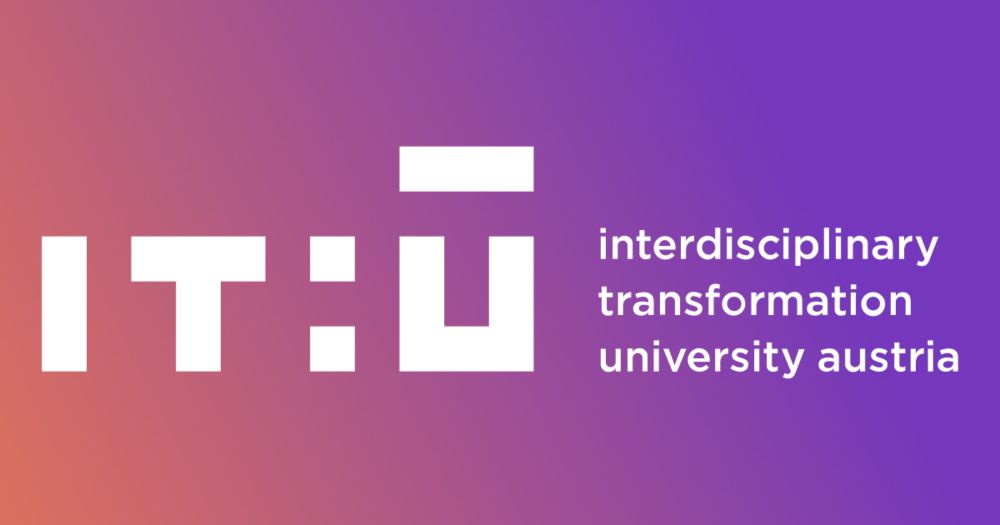
Reposted by Dieter F. Kogler, Tom Broekel, Rune Dahl Fitjar
𝐒𝐦𝐚𝐫𝐭 𝐒𝐩𝐞𝐜𝐢𝐚𝐥𝐢𝐬𝐚𝐭𝐢𝐨𝐧 𝐨𝐫 𝐒𝐦𝐚𝐫𝐭 𝐅𝐨𝐥𝐥𝐨𝐰𝐢𝐧𝐠? 𝐀 𝐒𝐭𝐮𝐝𝐲 𝐨𝐟 𝐏𝐨𝐥𝐢𝐜𝐲 𝐌𝐢𝐦𝐢𝐜𝐫𝐲 𝐢𝐧 𝐏𝐫𝐢𝐨𝐫𝐢𝐭𝐲 𝐃𝐨𝐦𝐚𝐢𝐧 𝐒𝐞𝐥𝐞𝐜𝐭𝐢𝐨𝐧
(just published in 𝘙𝘦𝘨𝘪𝘰𝘯𝘢𝘭 𝘚𝘵𝘶𝘥𝘪𝘦𝘴).
Curious why regions copy each other? Let’s dig in. 🧵


We investigated the #geography of #beer - 2 papers you might enjoy reading while you sip on a beer - always drink responsibly! (1/3)


by Dieter F. Kogler — Reposted by Dieter F. Kogler
The Role(s) of Science, Technology, and Innovation in Regional Growth and Uneven Development
Further details here: tinyurl.com/GCEG2025CFP
🗓️ abstracts by 05 JAN 2025. Inquiries/Abstracts to Dieter F. Kogler ([email protected]) and Sebastián Baeza ([email protected]).

The Impact of Artificial Intelligence (AI), Robotics, Automation, and Digitalization Technologies on Regional Economic Development Trajectories. (SS65)!
🗓️ (DEC19) www.regionalstudies.org/events/rsa25/
#AI

Reposted by Dieter F. Kogler
For more information and to apply: bit.ly/RSAAC25
➡️Navigating Regional Transformation
⏰6-9 May 2025
🌎 Porto, Portugal
⌛Deadline: 10 December 2024
🔄😀
@rsaeurope.bsky.social
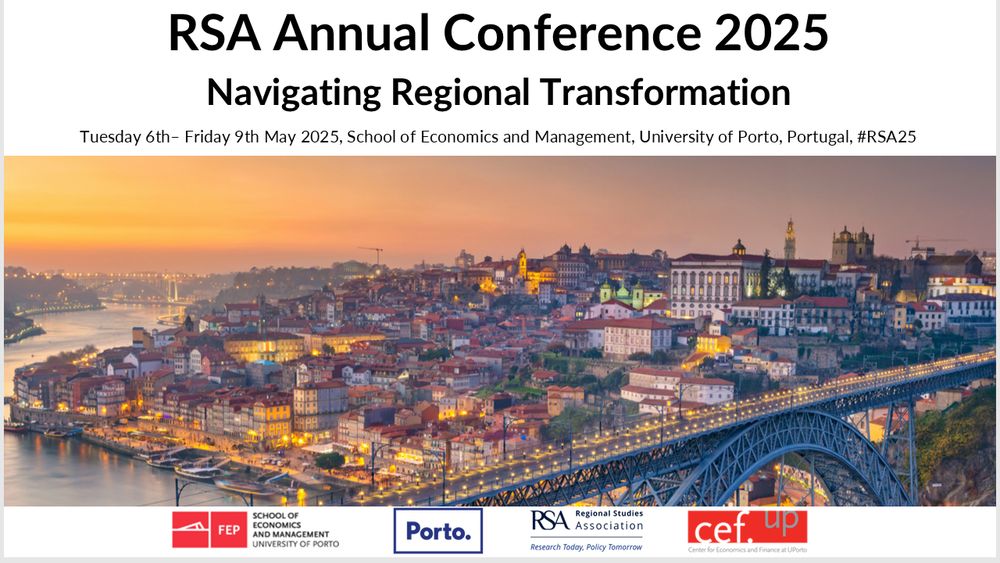
by Henry G. Overman — Reposted by Dieter F. Kogler, Henry G. Overman
by Tom Broekel — Reposted by Dieter F. Kogler, Rune Dahl Fitjar
Our new study dives into the interplay between #wind #turbines and #narratives in #Germany. Using #news data, we study how wind turbines are reflected in #local #narrative #landscapes (new concept!!!!).
doi.org/10.1016/j.te...

Reposted by Dieter F. Kogler
"𝐀𝐈-𝐝𝐫𝐢𝐯𝐞𝐧 𝐢𝐧𝐧𝐨𝐯𝐚𝐭𝐢𝐨𝐧 𝐢𝐧 𝐬𝐦𝐚𝐫𝐭 𝐜𝐢𝐭𝐲 𝐠𝐨𝐯𝐞𝐫𝐧𝐚𝐧𝐜𝐞: 𝐚𝐜𝐡𝐢𝐞𝐯𝐢𝐧𝐠 𝐡𝐮𝐦𝐚𝐧-𝐜𝐞𝐧𝐭𝐫𝐢𝐜 𝐚𝐧𝐝 𝐬𝐮𝐬𝐭𝐚𝐢𝐧𝐚𝐛𝐥𝐞 𝐨𝐮𝐭𝐜𝐨𝐦𝐞𝐬"
www.emerald.com/insight/cont...


Reposted by Dieter F. Kogler
by Paul Langley — Reposted by Dieter F. Kogler, Alastair H. Leyland, Karen A. Kidd , and 9 more Dieter F. Kogler, Alastair H. Leyland, Karen A. Kidd, Jean‐Christophe Graz, Kristen Olson, Michael Donaldson, Joy Parkinson, Lorenzo Álvarez‐Filip, Zoë A. Doubleday, Anand Iyer, Peter Kerkhof, Gerasimos Tsourapas
Altmetric is thrilled and also LITERALLY RELIEVED to officially announce:
We are now tracking research attention as it happens on Bluesky!
We have been picking up posts on the site since late Oct.
Our team is on Bluesky all day answering questions.
Let's get into it!
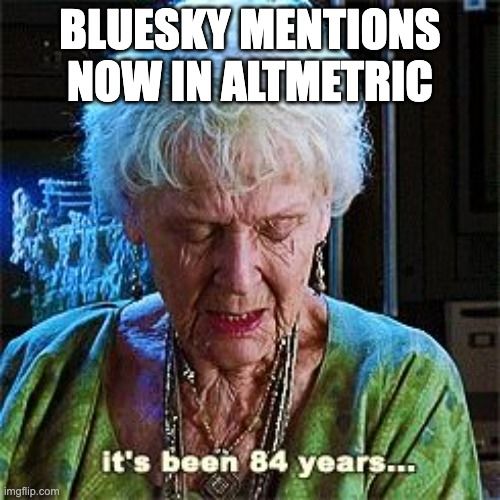
Reposted by Dieter F. Kogler
1. Research:
• ChatGPT: Conversational AI
• Claude AI: Ethical assistant
• Bing Chat: Search integration
• Clearscope: Content optimization

Reposted by Dieter F. Kogler
💡🌎 SS75: Insights on the Role of Innovation in Reshoring - Territorial and Economic Effects 💡🌎
Submit your abstract by⏰19 December 2024: bit.ly/RSAAC25
#RSA25
@regstud.bsky.social
Reposted by Dieter F. Kogler

Reposted by Dieter F. Kogler
This is available with 50% off through December with code BUP12.
bristoluniversitypress.co.uk/enduring-aus...

Reposted by Dieter F. Kogler, Davide Consoli, Drew B. Winters
graph-tool.skewed.de
Graph-tool is a comprehensive and efficient Python library to work with networks, including structural, dynamical, and statistical algorithms, as well as visualization. 1/N
#networkscience
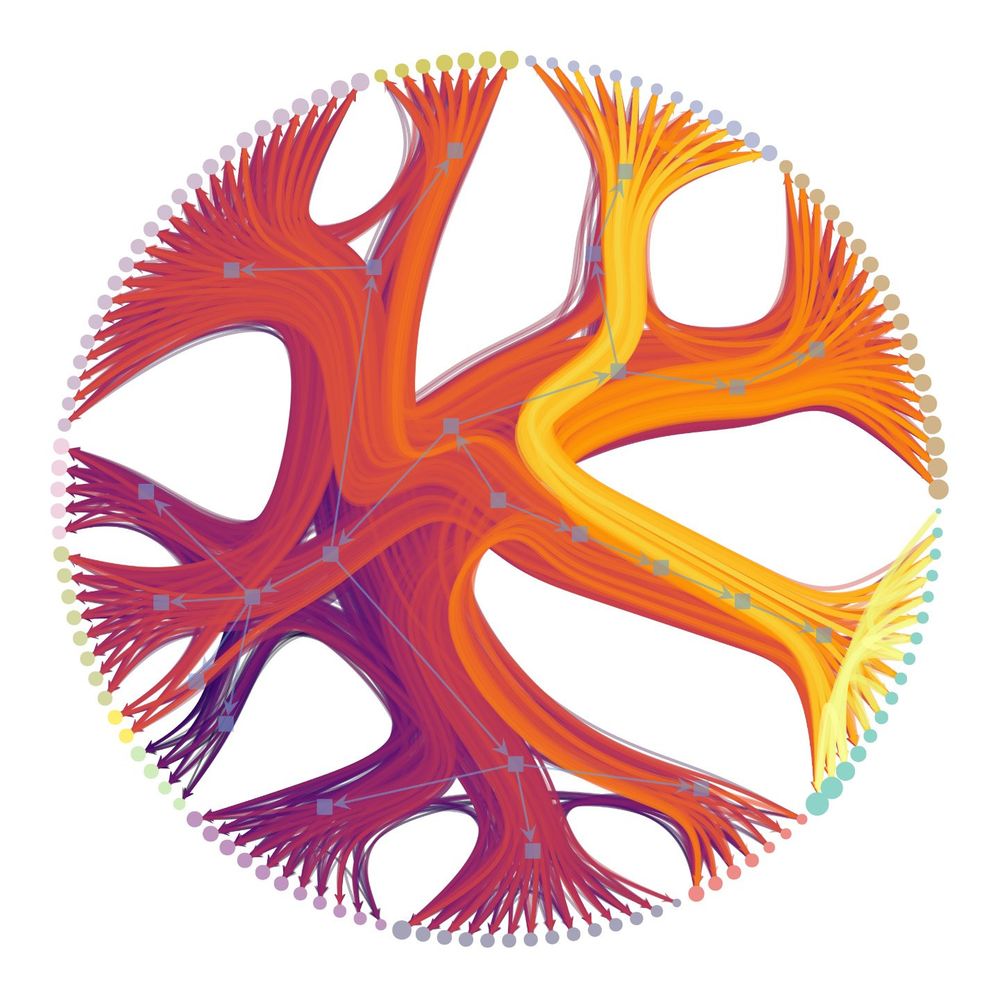
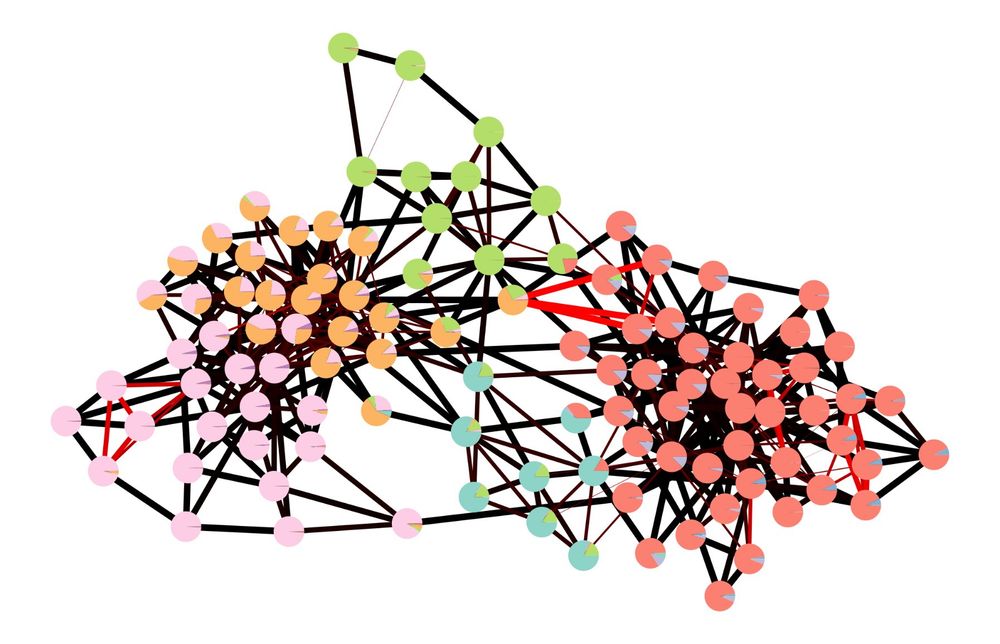
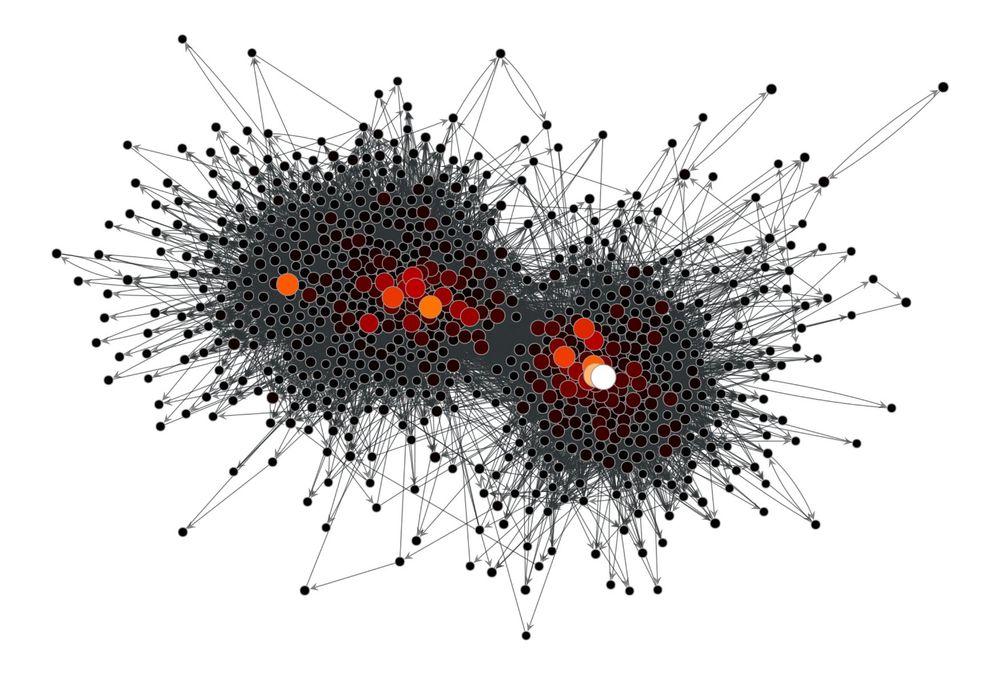
Reposted by Dieter F. Kogler
Discover the paper and the dataset here:
rdcu.be/d1Ui3
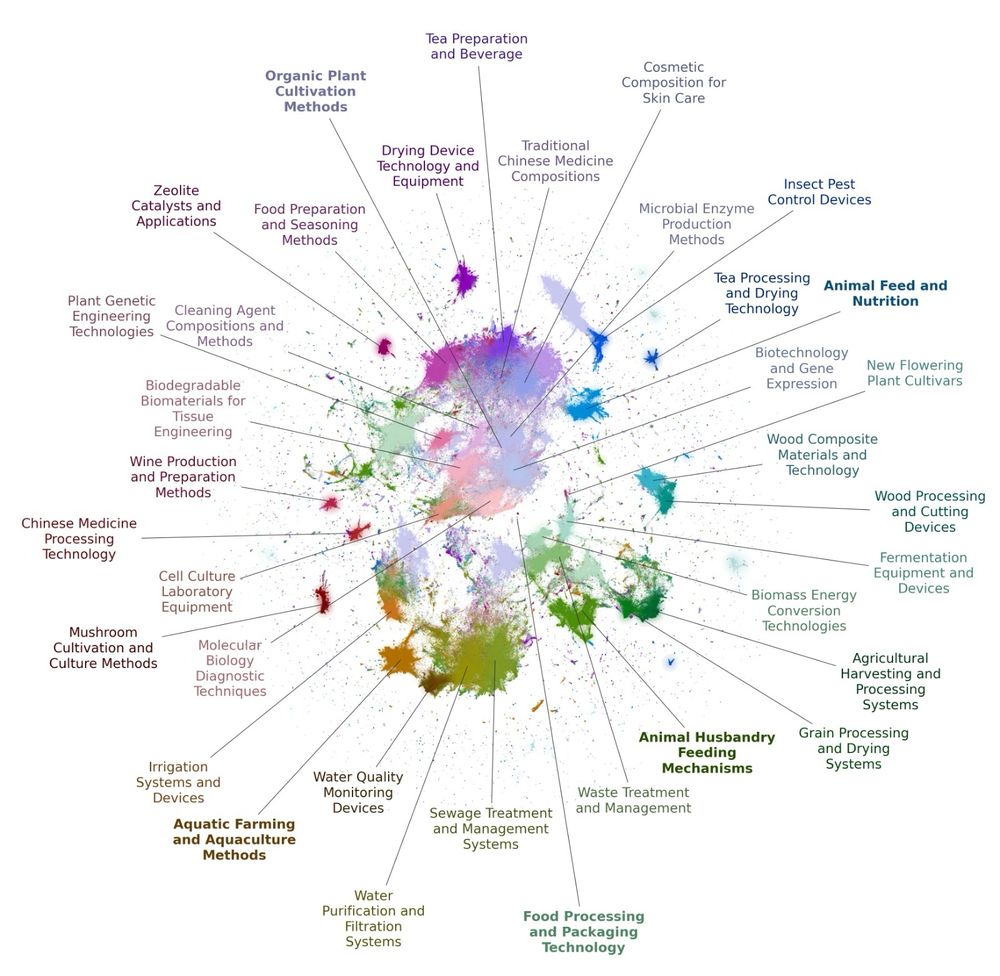
Reposted by Dieter F. Kogler, Paul Lewis, Paul G. Lewis


